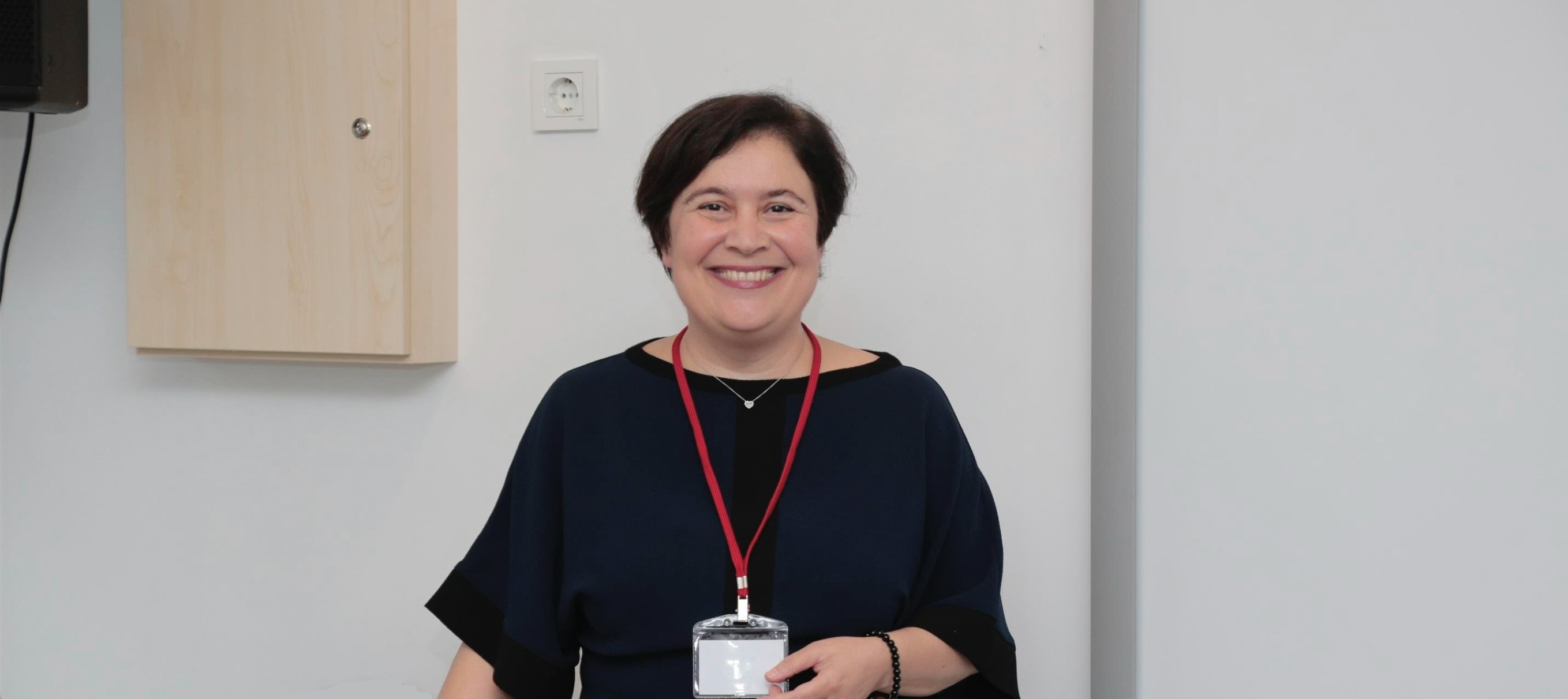Interview: “We need to develop care services that support and empower the elderly”
Date:

Dr. Gülüstü Salur is a cognitive neurologist and founding and board member of the 65+ Elder Rights Association, established to develop and promote social policies to protect the rights of elderly people. During the COVID-19 pandemic, the Association came to the fore and addressed challenges caused by the lockdown measures, supported the elderly by raising awareness, and organizing collective actions. Gülüstü Salur was one of the speakers of the “Policy Dialogue Series on Care Work and Care Economy in the Post-COVID-19 World” to discuss the status of elderly support and care services in Türkiye. The series is organized within the project “Strong Civic Space for Gender Equality” funded by the European Union.
How would you assess the impact of COVID-19 and the lockdown measures on the elderly in terms of access to rights, policies, and services?
We had a dynamic and complex relationship with COVID-19. The pandemic initially put the elderly in the spotlight as the most vulnerable group that needed to be protected. However, this “overprotection” harmed the elderly more through social isolation and increased health problems. Health problems were not only secondary to COVID-19 infections but also due to delayed routine healthcare services. Leading isolated lives under the stress of potentially mortal disease and at times loss of peers has been a huge burden on the elderly and the ones supporting them. The heterogeneity of the elderly population has been overlooked greatly. Limiting rights and services to older adults had serious consequences. Ageist behavior had found a “medical” excuse this time.
Relative digital exclusion of the elderly has been another caveat in improving their lives under lockdown. As 65+ Elder Rights Association, we prioritized the digital inclusion of the elderly through active projects and training. As the pandemic might turn into an endemic, we hope to come out of this not only alive but older and wiser.
Based on your experience, why is it important to protect elderly rights?
Elder rights are no different than human rights. Avoiding discrimination based on age is where we start. There may be social, economic, physical, psychological, and cognitive changes associated with aging. Those changes need to be seen and addressed. The variability needs to be recognized. Ageism needs to be avoided at all costs. Old age need not be a time of dependence, if there comes a time when care is required, dignity needs to be protected and respected. Old age is a stage in the life course. It does not have to be an era/phase of social, economic, and digital isolation. When there is a need best healthcare and social care should be provided. Being seen, heard, and included is a right we all have.
What are the gendered dimensions of aging and elderly care?
Aging is more of a women’s issue, 55 per cent of older adults are women, more women live alone, and more older women face poverty.
Caretaking is assumed to be a woman’s duty, and as a clinician working with the elderly that need care, I have to admit that oftentimes women do such a great job providing care, I have trouble seeing some men take on the same role as efficiently. Family caregivers are almost exclusively women. The so-called “sandwich” generation taking care of children and older adults is mostly composed of women. Women are falling behind in their career development, earning less because of care responsibilities in the family. Professional caregivers are mostly women, and sometimes these are foreign workers that leave their children and parents behind to provide care services to older adults and children in other countries. When older parents become frail and need care it falls upon either daughters or daughters-in-law to care for them. Women go on being responsible for everything at great costs to their own wellbeing.
Which policies, services, and mechanisms should be there for older citizens?
Rather than gender-based decision making on who should provide care, we need to develop and spread systems that will support not only the elderly but anyone providing care to the elderly or people with disabilities. Not being left alone and feeling supported prevents burnout. Caretaking needs to be recognized as valuable work that only affable, able, and available people can manage.
We need to start looking at aging from a different perspective. Empowering older adults will stop ageism and stigmas associated with dependency in old age. Age-inclusive policies and intergenerational approaches will stop social isolation and enable active aging. Health and financial literacy accompanied by digital inclusion of the elderly are important steps towards empowering the elderly.
On the other hand, projections of the demographic transformations in Türkiye show that the share of the 65+ population will reach 14 percent before 2040. In view of this demographic fact, the need for the development of elderly support and care services is an urgent policy issue to be addressed by the central as well as local governments.